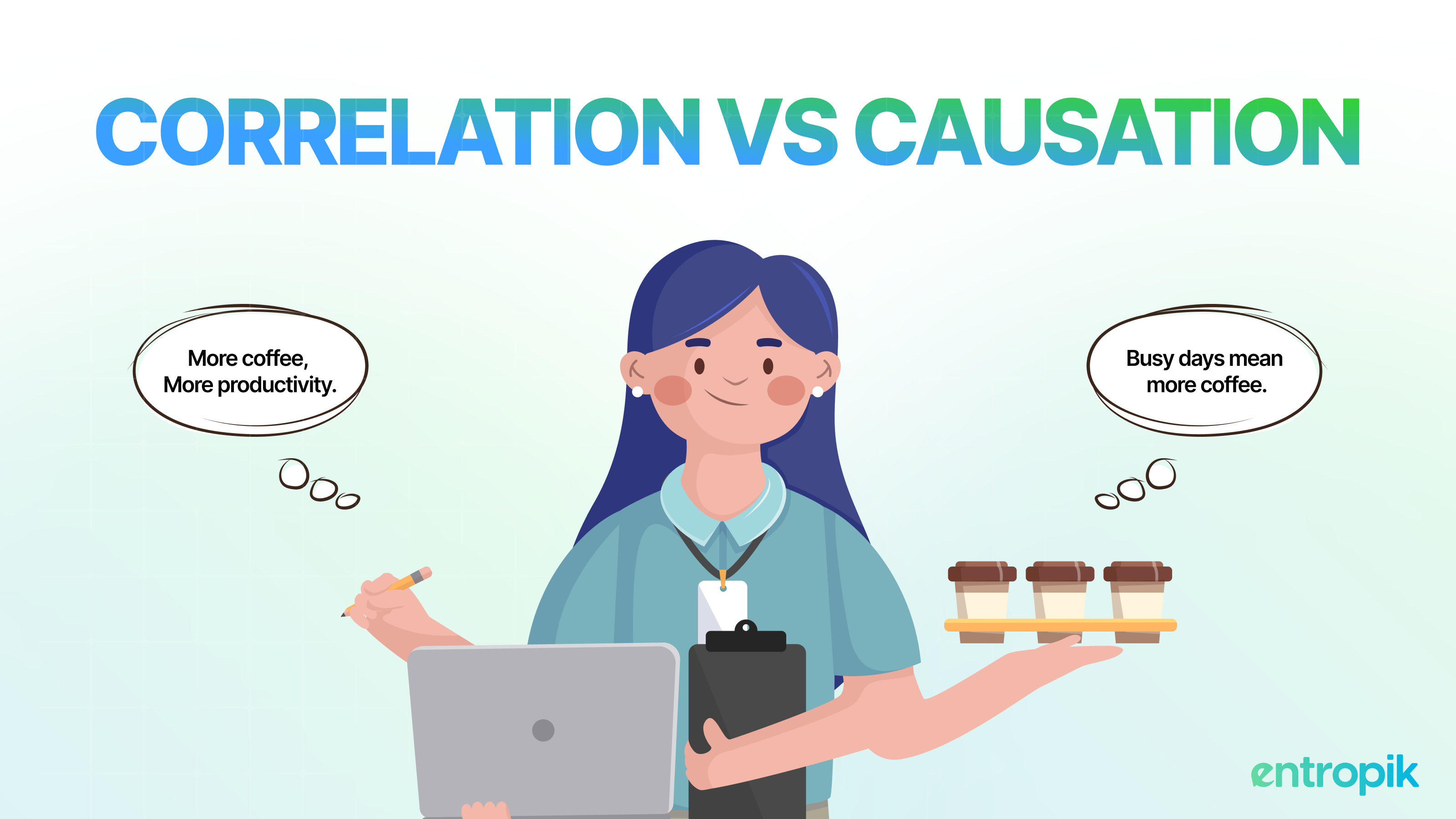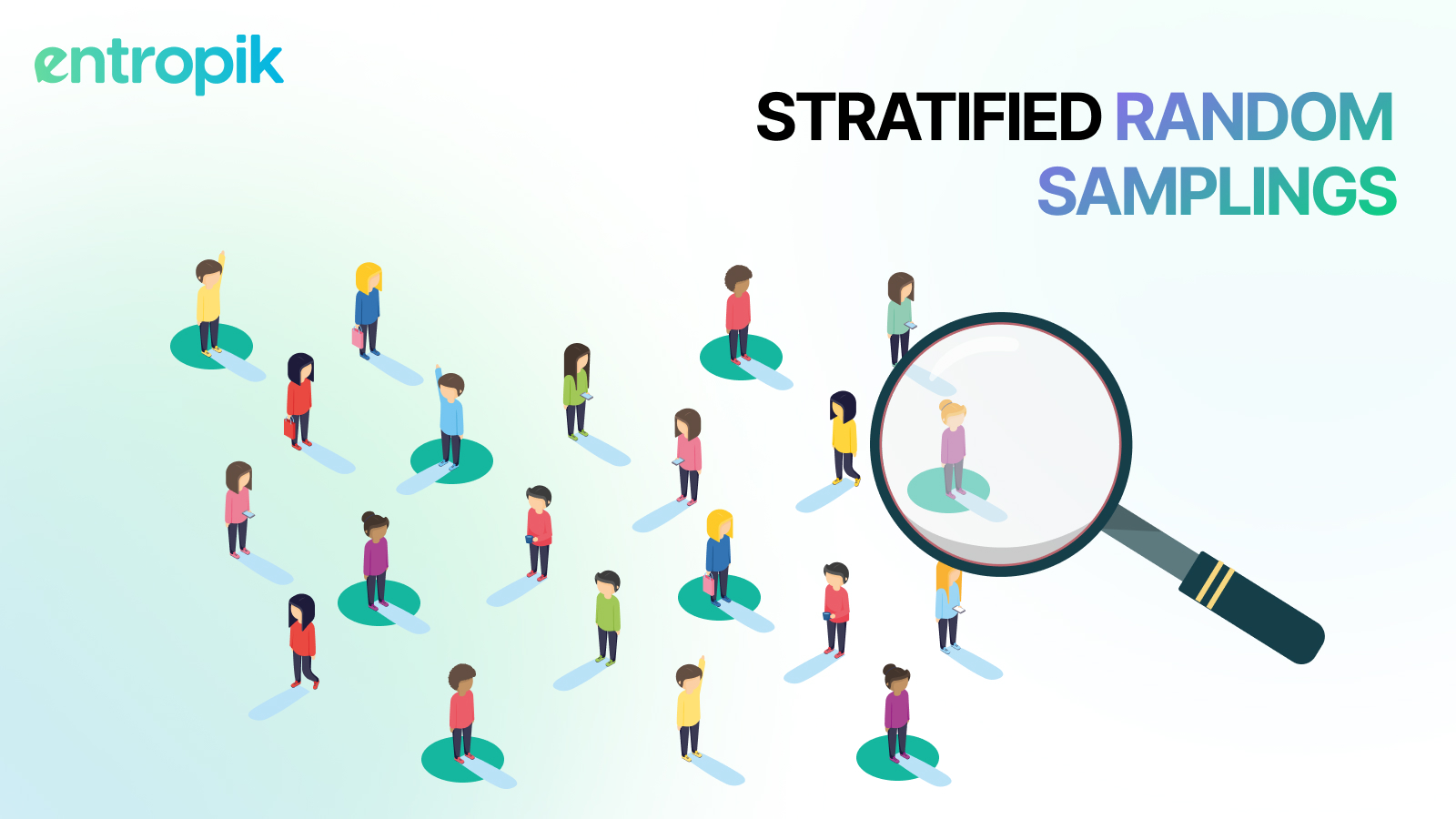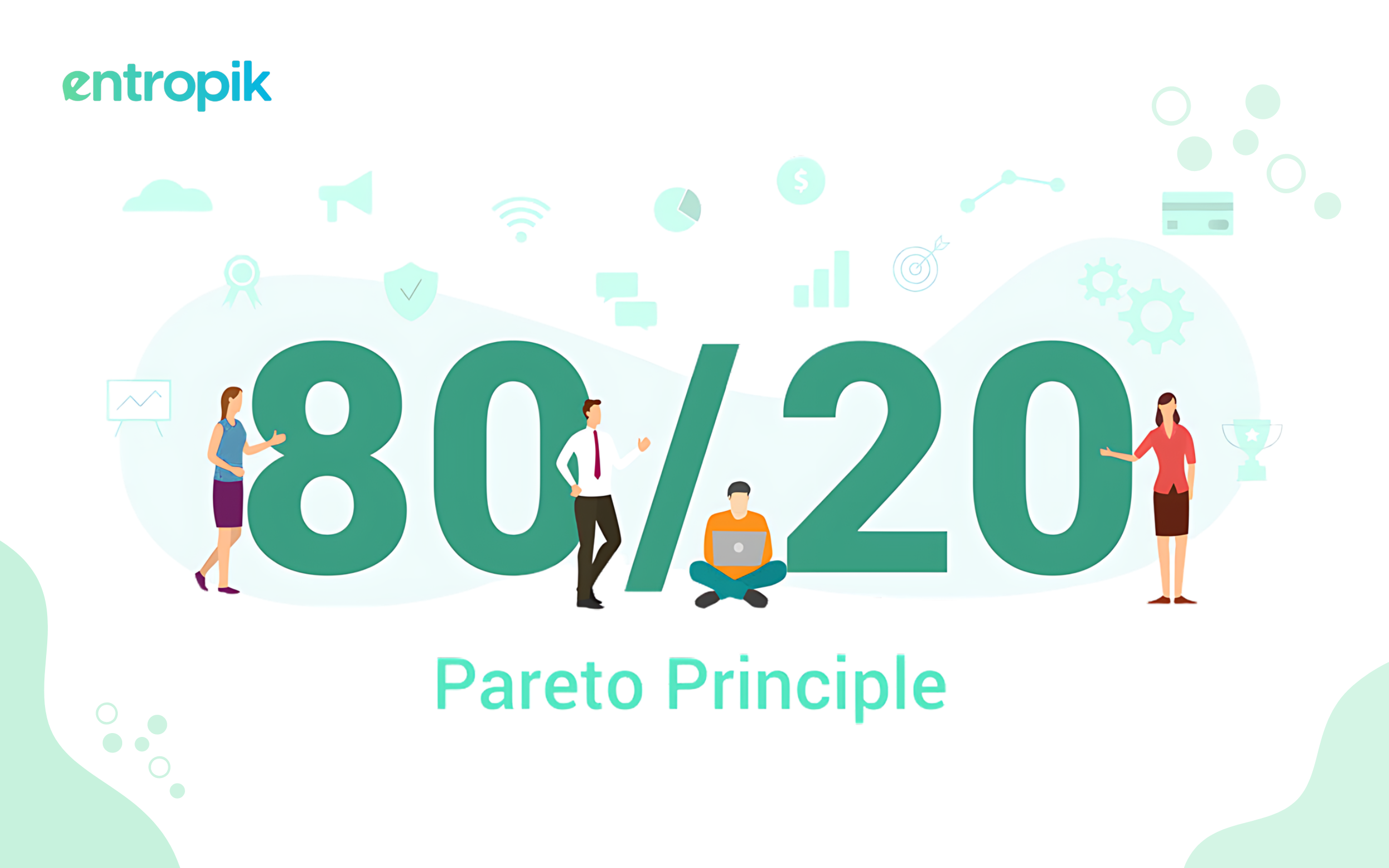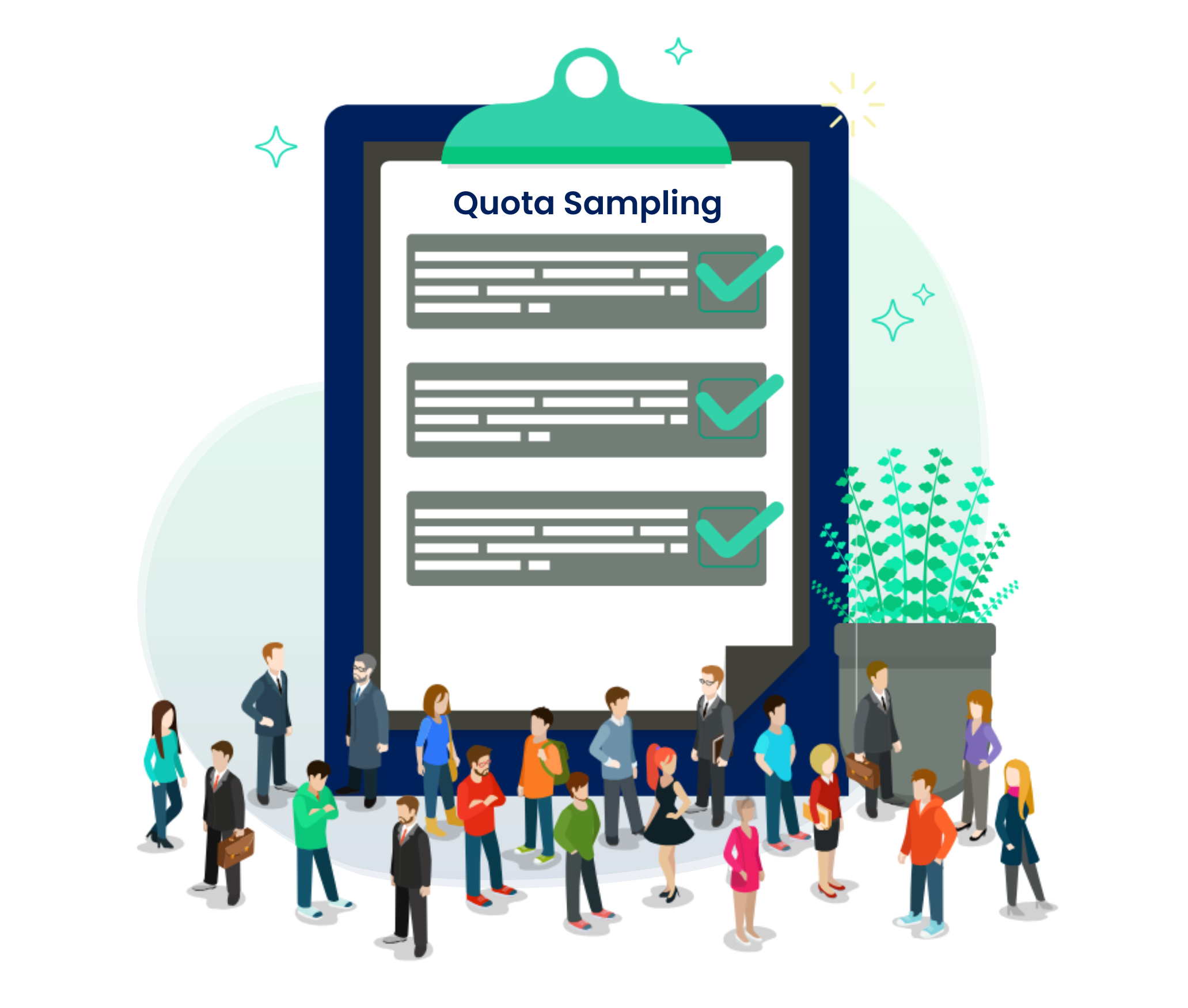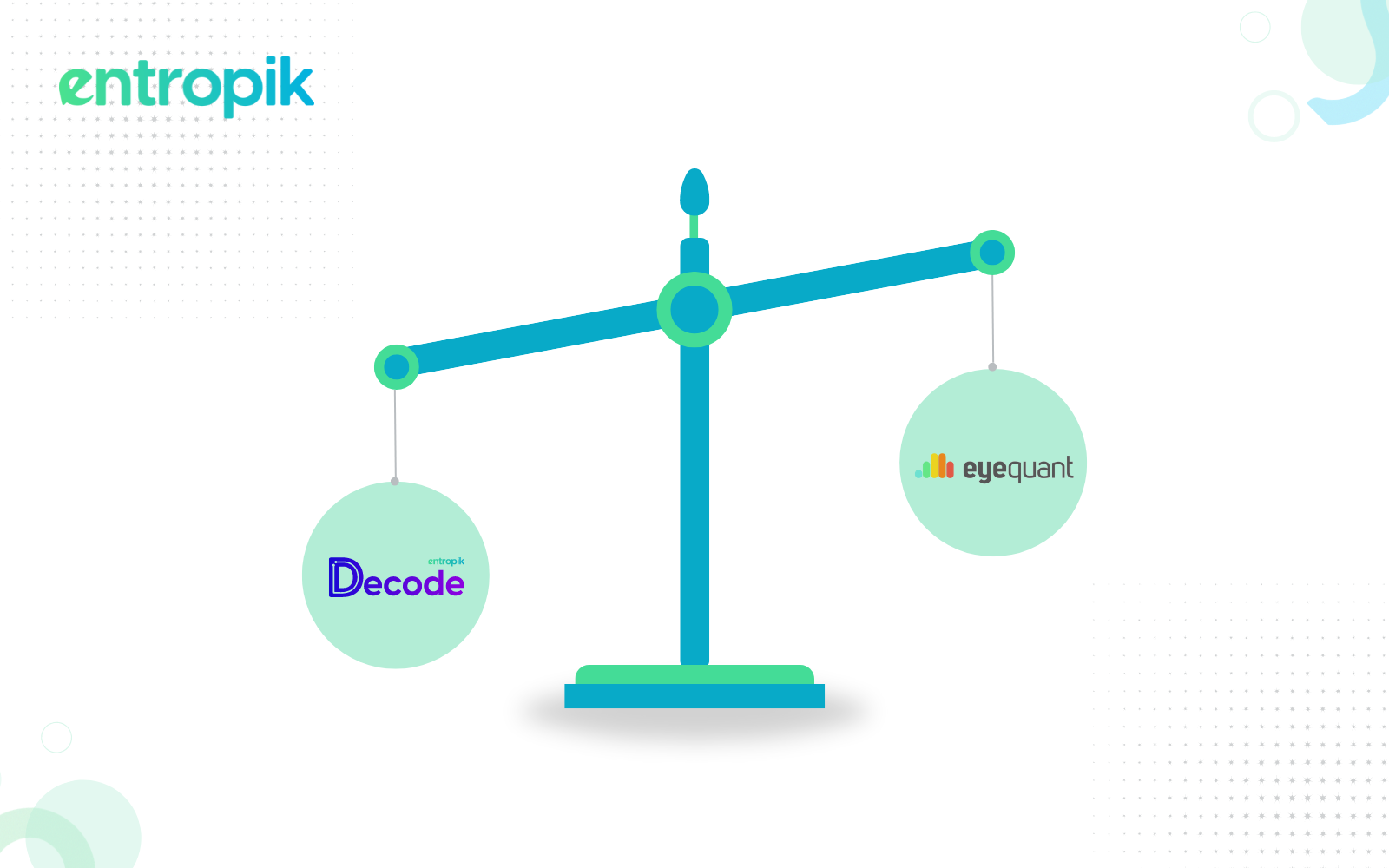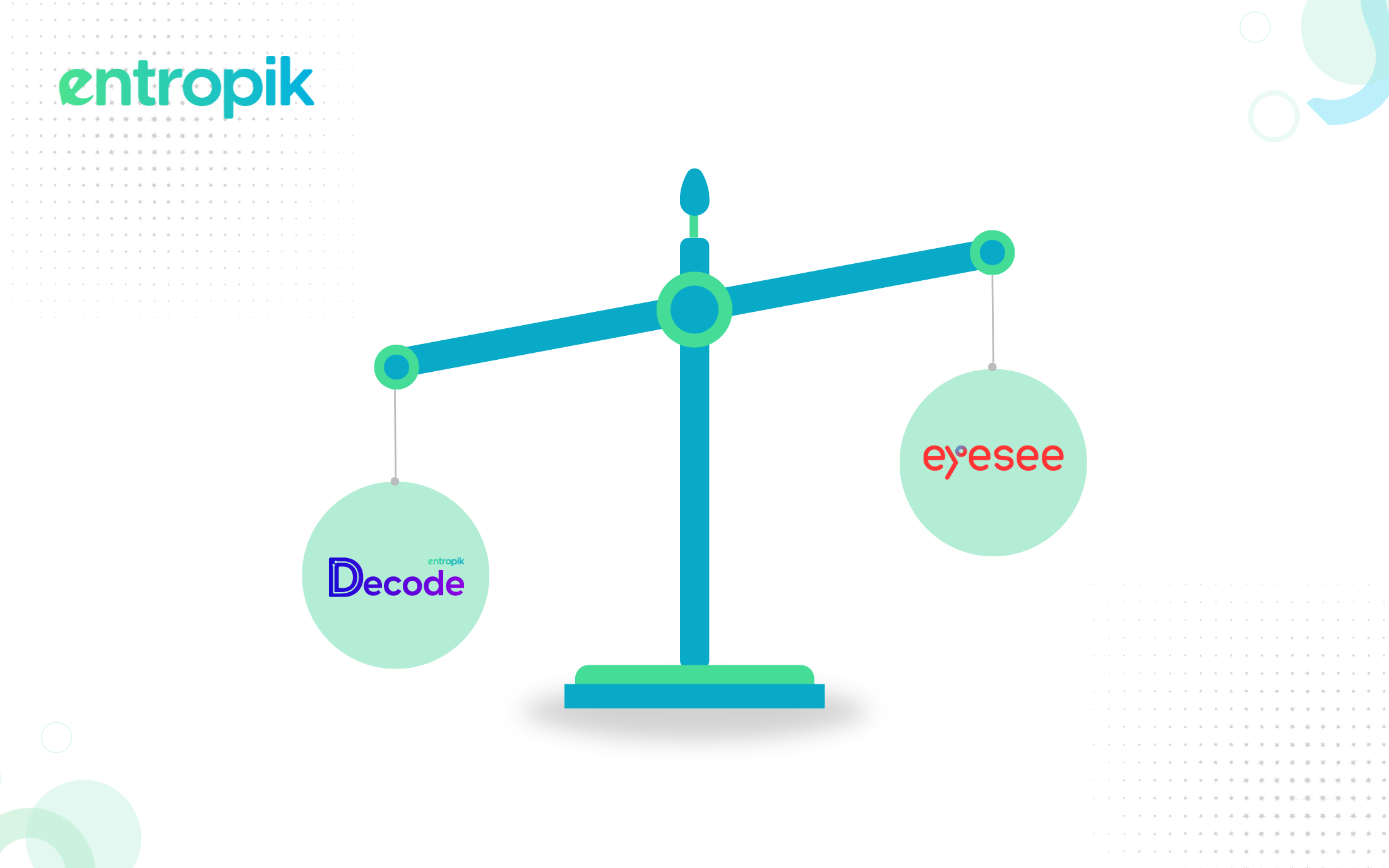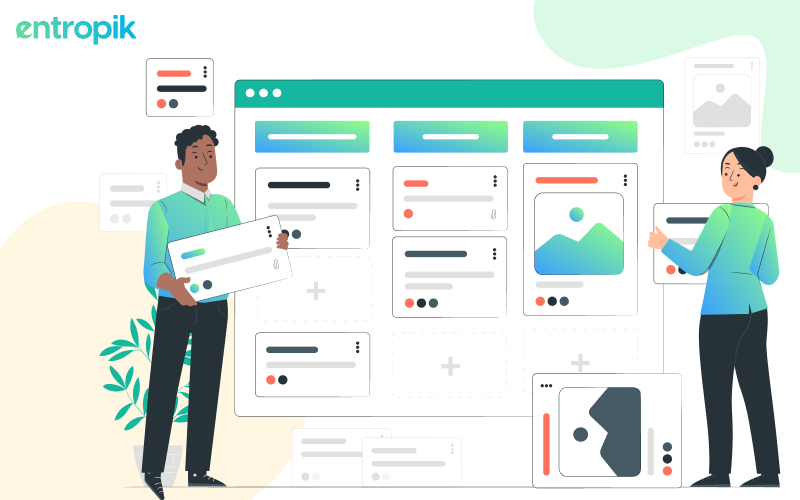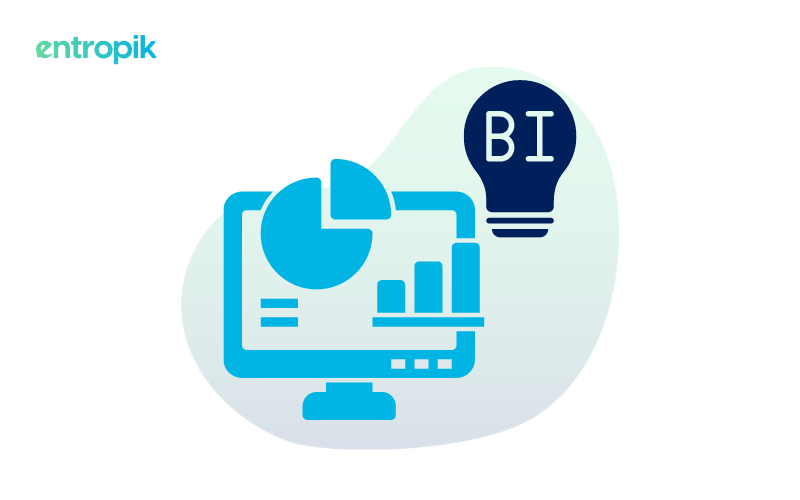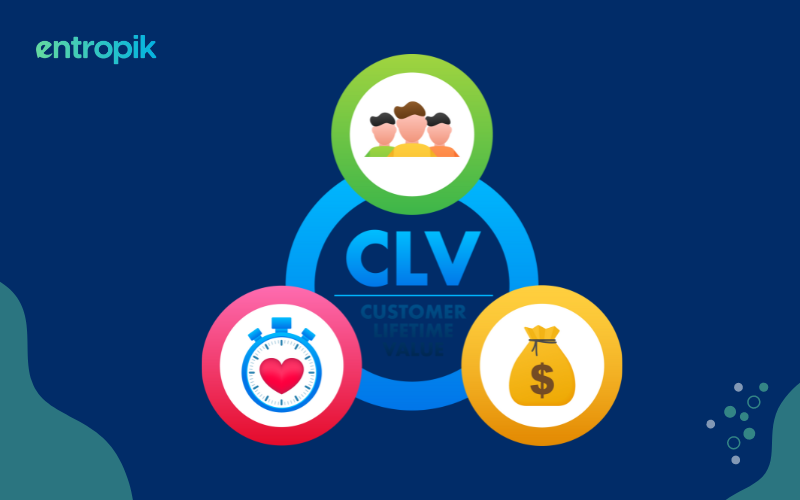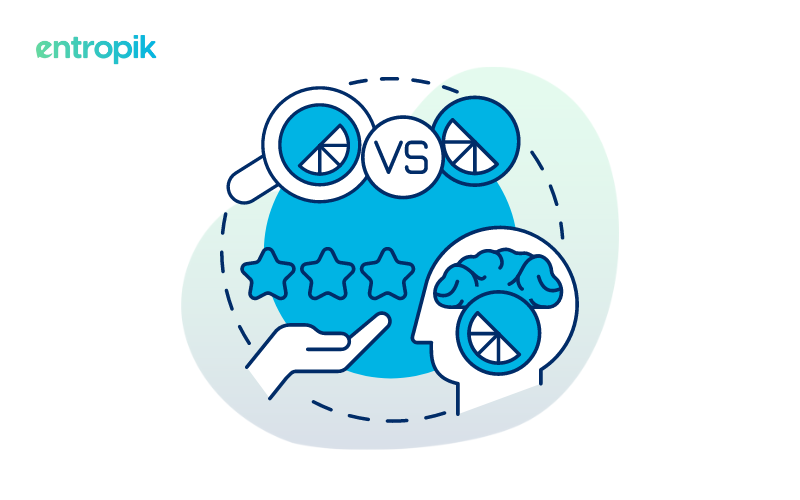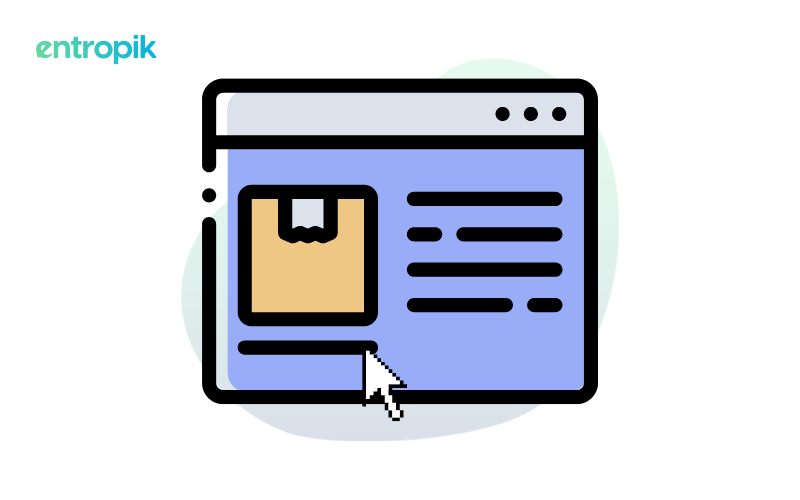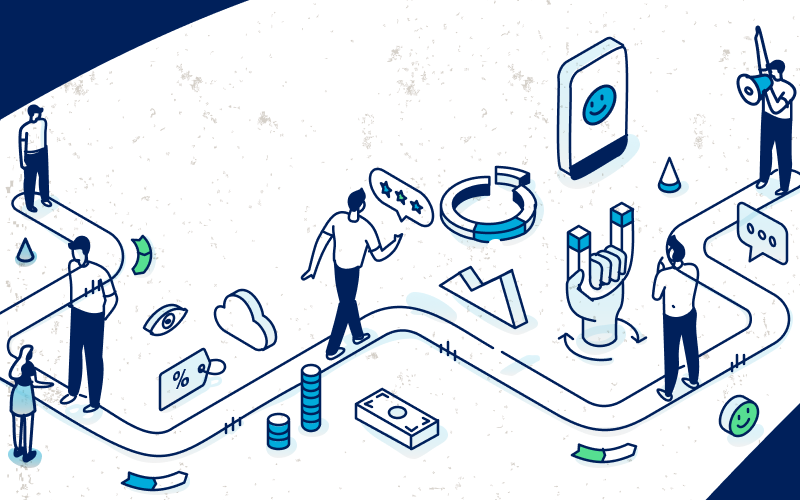“Research is to see what everybody else has seen, and to think what nobody else has thought.” – Albert Szent-Gyorgyi
Market research is often seen as an important function of a company's strategy, but its role goes beyond mere data collection. It is the process of understanding your customers, competitors, and market trends to drive better decision-making across the organization. From marketing teams crafting resonant campaigns to product teams innovating solutions, market research serves as a catalyst for informed strategies, creative thinking, and alignment with customer needs. Here’s how market research helps different stakeholders:
Benefits of market research for product teams
“A moment’s insight is sometimes worth a life’s experience.” - Oliver Wendell Holmes Jr.
Relevant product development
Market research plays a pivotal role in creating products that resonate with customers. By understanding the specific needs, preferences, and pain points of potential customers, product teams can align their development efforts with what customers actually want. Product teams can use research findings to create products that directly address real-world challenges and offer meaningful solutions. This customer-centric approach leads to the development of products that have a higher likelihood of meeting user expectations and gaining widespread acceptance.
Prioritizing features
Not all product features are created equal in terms of value to customers. One of the most important benefits of market research is that it helps product teams prioritize features based on their importance to target users. By understanding which features resonate most with the audience and align with their priorities, product teams can allocate resources effectively and focus on delivering the functionalities that truly matter, enhancing the product's overall value proposition.
Reduced risk of failure
Developing a product without a solid understanding of the market landscape and customer needs is a risky approach. Market research helps mitigate this risk by uncovering potential pitfalls, identifying market gaps, and revealing areas where competitors may have fallen short. Armed with this information, product teams can make more informed decisions, reducing the likelihood of product failures or misalignment with customer expectations.
Innovation and creativity
Market research not only informs product development but also fuels innovation and creativity. By analyzing market trends, consumer behavior, and emerging technologies, product teams can identify opportunities for innovative solutions. Research insights can inspire the creation of new features, functionalities, or even entirely new product concepts that stand out in the market and capture users' attention.
Iterative product improvement
The success of a product is not just about its launch - it’s also about maintaining relevance and value over time. Continuous market research enables product teams to align with changing customer needs, competitive pressures, and industry dynamics. This information empowers ongoing refinement and improvement, ensuring that the product continues to meet or exceed customer expectations and stay relevant over time.
Read more: Achieving Product-Market Fit: Unlocking Success with Market Research
Benefits of market research for marketing teams
"The aim of marketing is to know and understand the customer so well, the product or service sells itself." - Peter Drucker
Improved targeting and segmentation
Market research provides valuable insights into the preferences, behaviors, and demographics of your target audience. This data can enable your marketing teams to segment the audience more effectively and tailor campaigns to specific groups. By understanding the unique needs and interests of different segments, marketers can create personalized content and experiences that resonate with the audience, leading to higher engagement and conversion rates.
Informed marketing strategies
Market research equips marketing teams with a deep understanding of market trends, customer preferences, and competitive landscapes. This knowledge empowers marketers to develop well-informed and data-driven marketing strategies. Whether it's selecting the right channels such as social media, email, or traditional advertising, crafting compelling messages, or timing campaigns to coincide with specific shopping seasons, research-backed strategies are more likely to yield positive results. It ensures that marketing efforts are aligned with market opportunities and consumer behavior.
Enhanced message effectiveness
Crafting impactful messages is essential for successful marketing campaigns. One of the benefits of market research is that it provides insights into the language, tone, and imagery that resonate with your target audience. By aligning messaging with audience preferences, marketers can create content that speaks directly to consumers' needs, pain points, and aspirations, leading to better communication and engagement.
Competitive insights
Understanding your competitors' strengths, weaknesses, and strategies is crucial for staying ahead in a competitive market. Market research allows marketing teams to gather insights on competitor offerings, market positioning, and consumer perceptions. With this information, marketers can identify gaps in the market, highlight unique value propositions, and create campaigns that differentiate their product or service. With this information, marketers can identify gaps in the market, highlight unique value propositions, and create campaigns that differentiate their product or service.
Optimal pricing strategies
Determining the right pricing strategy requires a comprehensive understanding of consumer perceptions and willingness to pay. Market research helps marketing teams gauge how customers perceive the value of your product relative to your competitors’. This insight allows marketers to set prices that are both competitive in the market and aligned with customer expectations, maximizing revenue while maintaining customer satisfaction. For example, conjoint analysis might reveal that customers value certain features more than others, enabling a pricing strategy that leverages those specific attributes.
Read more: The Essential Types of Market Research Decision-makers Should Know
Benefits of market research for end users
“When the customer comes first, the customer will last.” - Robert Half
Better products
Market research directly contributes to the creation of better products that delight consumers. This alignment not only ensures that the products fulfill a genuine need but also contributes to customer satisfaction and repeat business. For example, a company developing a new software tool might conduct surveys and focus groups to understand what features are most desired by their target audience, leading to a product that is more competitive in the market.
Enhanced user experience
Market research helps companies understand how end users interact with their products and identify areas for improvement. By studying how end users interact with products, observing their behavior, and understanding their frustrations, companies can optimize the entire customer journey. This may include improving navigation, reducing complexity, or adding new functionalities that enhance overall usability. By tailoring the user interface and interaction design to user needs, companies can create a seamless and pleasurable experience that encourages engagement and retention.
Relevant solutions
Market research ensures that the solutions offered by a product address real-world problems faced by end users. By gaining insights into users' pain points and challenges, companies can design products that provide effective and relevant solutions. This approach enhances the practicality of the product and increases its adoption among the target audience.
Customer-centricity
A customer-centric approach is vital for success, and market research is the cornerstone of this strategy. By listening to the voice of the end users, companies can tailor their products to meet specific needs, preferences, and aspirations. This customer-centric focus fosters stronger relationships, brand loyalty, and a deeper understanding of the user base.
Quality feedback
Market research provides a structured avenue for collecting feedback directly from end users. By engaging users through surveys, interviews, and usability tests, companies can gather direct feedback on their products' performance, appearance, and overall satisfaction. This information is vital for continuous improvement and innovation, allowing businesses to respond to emerging needs and preferences quickly.
{{cta-case}}
In conclusion
Whether it's developing marketing strategies to achieve higher engagement or driving product development to create innovative solutions, the benefits of market research are manifold. By integrating the insights derived from the market research process, companies can ensure that they are not just ‘reacting’ to the market, but actually shaping it, positioning themselves as leaders and innovators in their respective fields.
{{cta-button}}


.png)












.jpg)



